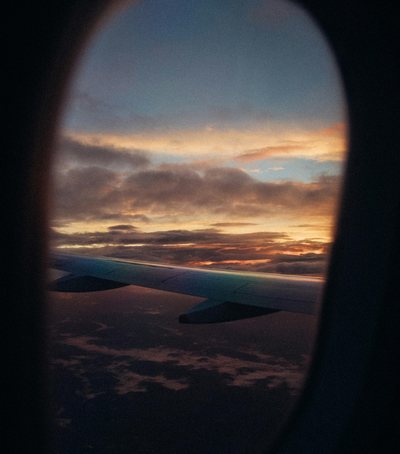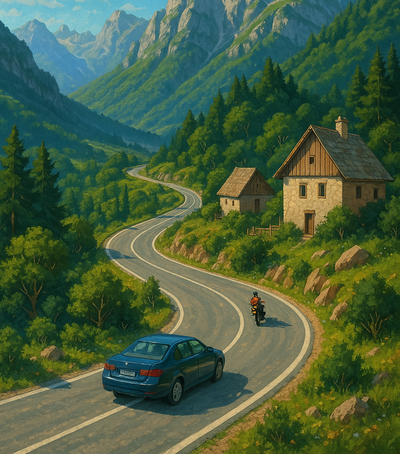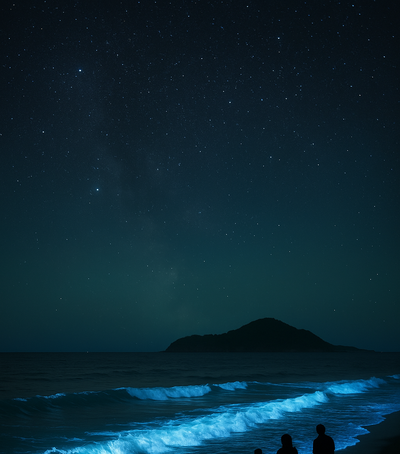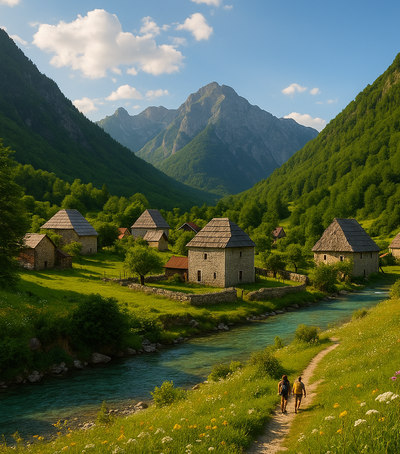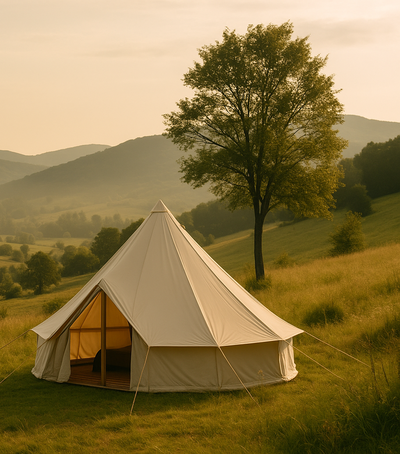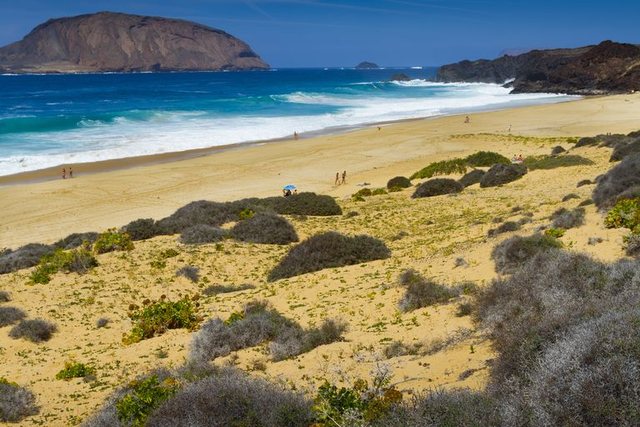
In La Graciosa, life goes on almost normally. On the unpaved roads (a more unique than rare case in Europe), as well as on the island's volcanic and wild beaches, tourists, usually numerous, have disappeared during this period. Residents go out a little, shop only in two supermarkets, enjoy the tranquility of their terraces, the rest of the ocean view is not bad. Carantina, as in the rest of Spain (and the world) has also begun, in the Canary Islands, but La Graciosa has a peculiarity: it is the only one among the Spanish islands where coronavirus has never arrived. Since the beginning of the pandemic, which hit Spain hard and reached the other islands of the archipelago, not a single case has been recorded in La Graciosa. It seems unbelievable, and therefore the inhabitants of the island are on alert, careful to guard their little paradise.
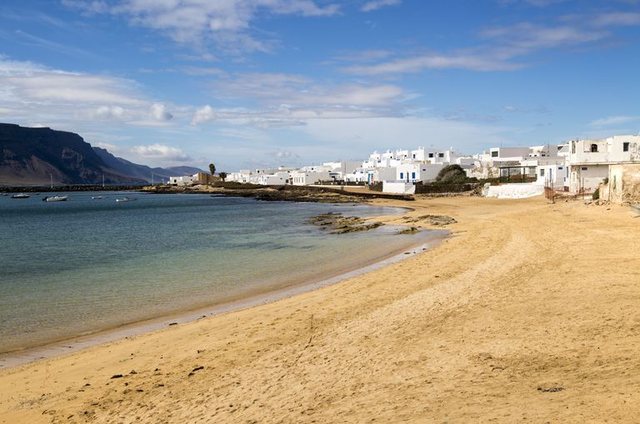
While in the mainland the situation is still dramatic, the Canary Islands have already demanded, a few days ago, the early exit from quarantine. In the archipelago there are about 2,000 infected, concentrated mainly on the larger islands like Gran Canaria and Lanzarote. In El Hierro and La Gomera, no cases have been reported in the last 15 days and therefore there are those who are pushing for reopening. However, La Graciosa is in no hurry: its 700 inhabitants do not insist on returning to normal life and are aware of the dangers to their almost familiar community. "I think we should continue to respect isolation as in the rest of Spain," Evita Beach Julieta Bicker told the Huffington Post, who recalls that there are many elderly people on the island and it is "very important to take care of them." Miguel Páez who runs a souvenir shop has the same opinion: "For me it has a great sense of care," he explains, "We are aware that there are no cases, but that does not mean that nothing will. it's happening because La Graciosa is still connected to Lanzarote and an explosion could easily happen. "
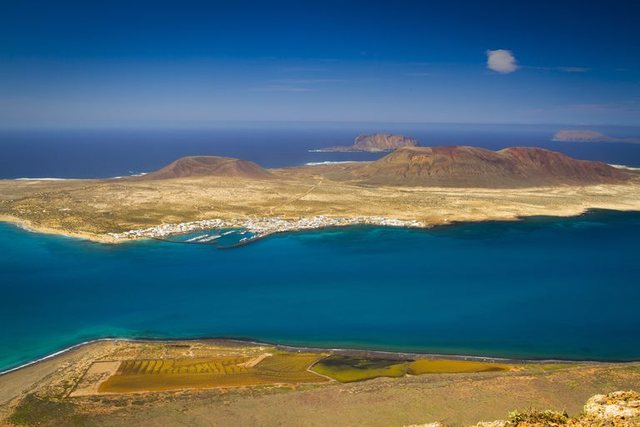
La Graciosa has an area of 29 square kilometers and was recognized as the eighth inhabited island of Canaries in 2018 alone, ceasing to be considered an island. Its uncontaminated nature, with which man lives in a respectable way, has made it a national heritage and a destination for many tourists (about 25,000 each year), who appreciate the silence, peace and clear waters of the crystal, in contrast to the barren colors in the interior.

